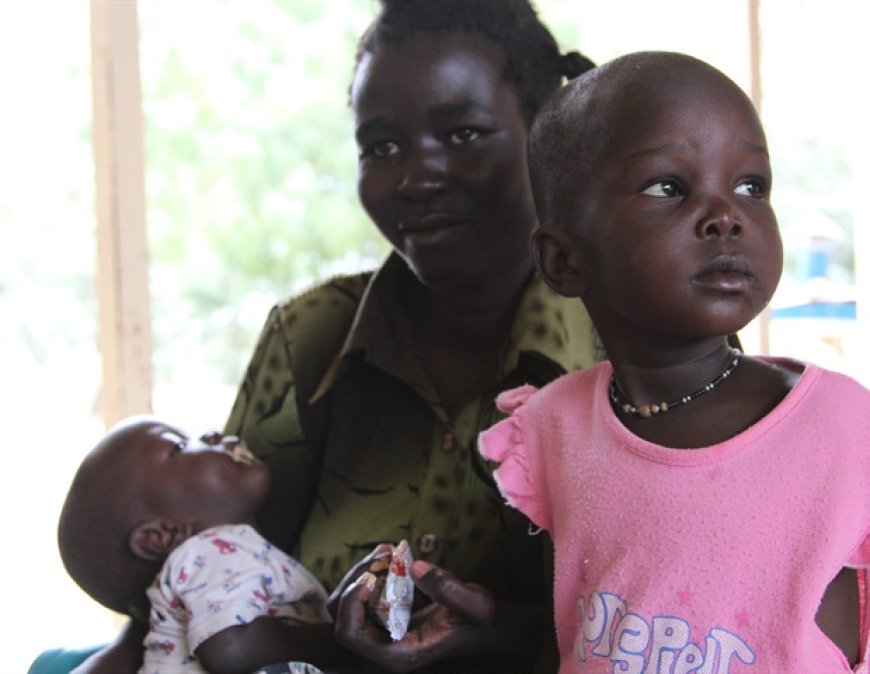Study Finds Intravenous Rehydration Safe for Severely Malnourished Children
A recent study suggests that intravenous rehydration is safe for children with critical malnutrition, challenging existing global treatment guidelines. The study, conducted in four African countries, found no evidence of harm from intravenous treatment and lower mortality rates compared to standard practice. While more research is needed, the findings could lead to a review of current guidelines to improve treatment outcomes.

Children with critical levels of malnutrition can be safely rehydrated intravenously, according to a new study that calls for a review of the existing global treatment guidelines. Specialists in child health say decades-old guidelines advising against intravenous rehydration due to the perceived risk of heart failure lacked scientific evidence. New research suggests oral rehydration may have more adverse effects, highlighting the need for change.
Kathryn Maitland, a leading British paediatrician, emphasized the importance of providing the best treatment quickly to severely malnourished and dehydrated children. A recent study tested different treatment options on nearly 300 children with severe acute malnutrition in African countries, finding no evidence of increased mortality with intravenous treatment compared to standard methods.
The study's results indicate that intravenous rehydration approaches were not harmful, with no recorded incidents of heart failure or fluid overload. The lower-than-expected mortality rate after 96 hours suggests potential benefits of intravenous treatment, although close monitoring was a key factor. The findings aim to improve treatment outcomes and align guidelines with those for non-malnourished children.
Laura Ferguson, director of research at the University of Southern California, emphasized the need for further research before considering changes to global guidelines. While acknowledging the study's importance, she highlighted the requirement for a stronger evidence base and consideration of resource limitations in real-world health systems.
The study's lead researcher, Kathryn Maitland, stressed the importance of close observation and care to ensure children's safety during treatment. The World Health Organization did not provide a comment at the time of publication.
What's Your Reaction?
 Like
0
Like
0
 Dislike
0
Dislike
0
 Love
0
Love
0
 Funny
0
Funny
0
 Angry
0
Angry
0
 Sad
0
Sad
0
 Wow
0
Wow
0























































































































































